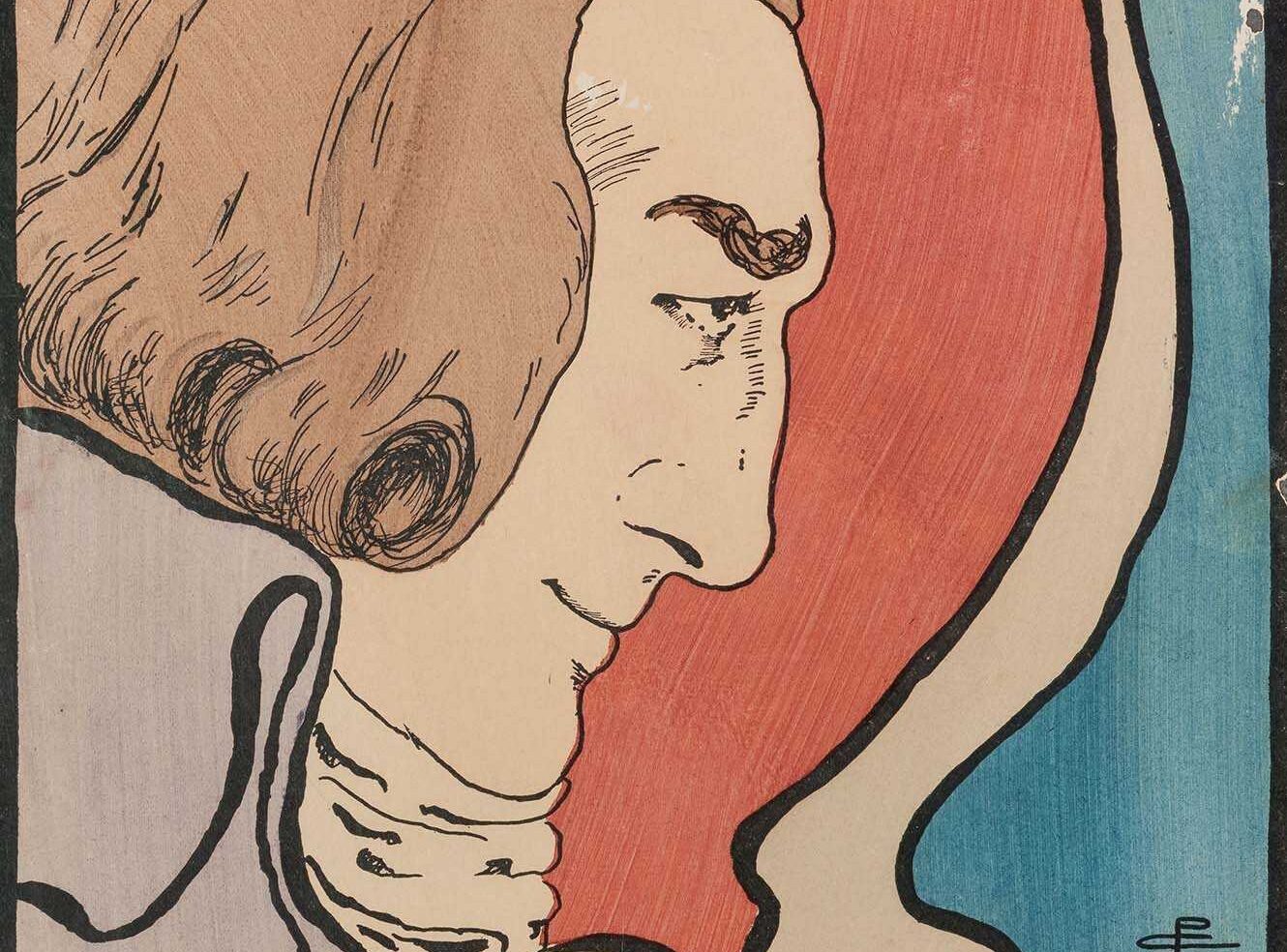a-vote-for-freedom-or-better-together? Scotland’s Independence Referendum and Cultural Identity

Image © The Laird of Oldham at Wikimedia Commons
Being one of the frustrated Scots unable to vote in the forthcoming historic Scottish independence referendum I got to thinking about cultural identity and just what it means to part of the United Kingdom. Personally, I have always thought of myself as being both Scottish and British and this is something that is really being called into question as the Yes and No campaigns make their final bids for votes. Looking back to 1941 in Mass Observation Online it is clear to see the complicated feelings surrounding what it is to be British are far from new. In an article written for World Review on ‘What Britain Means to Me’ a number of people were surveyed to gauge feeling about Britain and the future of post-war Britain. From the published reactions it is clear to see that Scotland is viewed as quite distinct from its English neighbours:

Image © University of Sussex. Further reproduction prohibited without permission.
Comments from a Medical Officer of Health from an English town further emphasise this lack of identification with Britain:

Image © University of Sussex. Further reproduction prohibited without permission.
There are, however, some including this ‘country housewife’ followed by a ‘typical city dweller’ who strongly identify with Britain and the constituent countries:


Image © University of Sussex. Further reproduction prohibited without permission.
So as the referendum draws closer, various celebrities jump on board to share their views and last minute pledges from Westminster are drawn up, whether Scotland is distinctly different or a key part of a united landscape is still up for debate, at least for a couple more days. As for cultural identity it is still to be seen if what it is to be Scottish (or indeed English, Welsh or Northern Irish) and British will soon become something completely different.
The full article ‘What Britain Means to Me’ can be found in Mass Observation Online.*
* Full access restricted to authenticated academic institutions who have purchased a licence.
Recent posts

Foreign Office, Consulate and Legation Files, China: 1830-1939 contains a huge variety of material touching on life in China through the eyes of the British representatives stationed there. Nick Jackson, Senior Editor at AM, looks at an example from this wealth of content, one diplomat’s exploration of Chinese family relationships and how this narrative presented them to a British audience.

The Nineteenth Century Stage is a rich resource exploring the theatrical celebrities, artistry, and changing social roles of the era. It highlights Pamela Colman Smith, known for her Rider-Waite tarot illustrations and theatre work, whose influence shaped Victorian theatre. Despite being overlooked, her life and impact are vividly captured through striking art and intimate collections within this valuable resource.
